Big words are friends not enemies. A large vocabulary contributes to confidence in speaking and is the first step towards being an effective communicator.
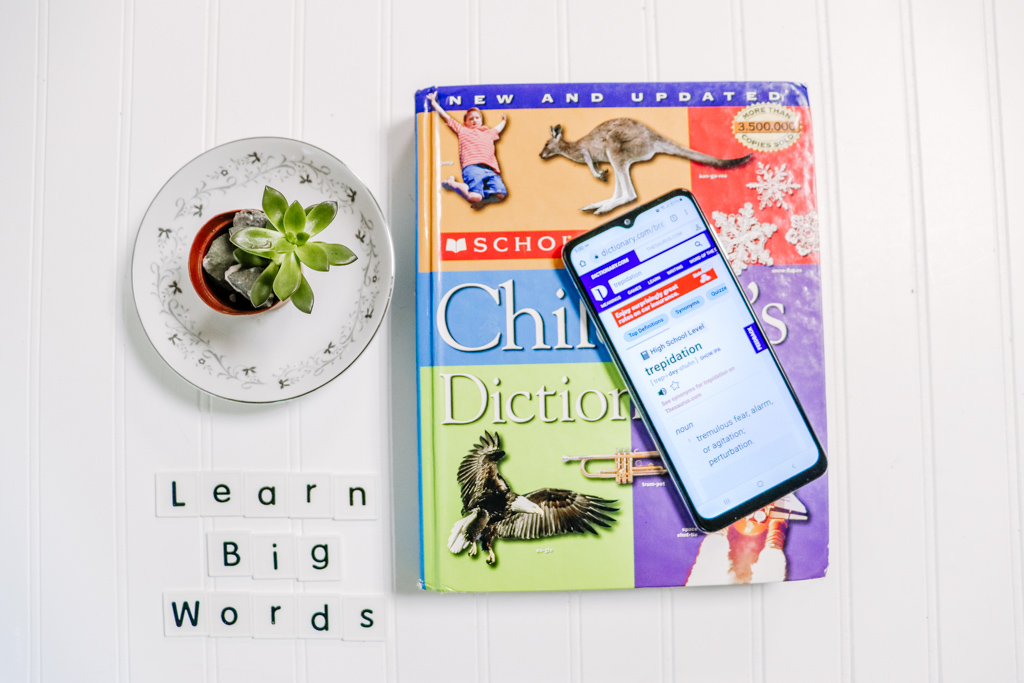
My Limited Reading Experience
I was somewhat of a reader growing up. My dad had books by Virginia Hamilton with all her strange folktales and witty illustrations, as well as the Coretta Scott King collection. I lived with my mom, and she had a handful of children’s books, classics such as P.D. Eastman’s Are You My Mother? And Dr. Seuss’ infamous The Cat in the Hat. There was also a collection of nursery rhymes and riddles. I remember my fourth-grade teacher reading Poppy by Avi aloud to our class. I enjoyed that story and my children now love it as well.
In high school I went to magnet school and was therefore on a unique curriculum that had a different emphasis than the main school it was connected to. I remember having to read To Kill a Mockingbird by Harper Lee over the summer and how shocked I was by its content. The following summer we were assigned a book by Joseph Conrad, The Heart of Darkness. I couldn’t finish it because the “N” word was so prevalent. My grandmother began to send me the Harry Potter books as they were published but I never read past book two.
Beyond these experiences my personal reading time was rare.
The Effect It Had On My Vocabulary

I did not realize the effect my lack of reading had on me until it was time to take the PSAT. That test revealed how poor my vocabulary was. It was the one time I felt truly dumb. Somehow I knew that my poor performance was based on the fact that I did not read books. Because of my limited book experience, I did not have a good vocabulary. Oh I had plenty of opportunity but I never took advantage of it. The system cannot be blamed.
Fast forward to my adult years, as I am beginning my first graduate degree. After my first semester, the sheer amount of reading I had to do had completely altered my vocabulary. I did not realize it was happening but when I turned in my final 30-page paper on children’s literacy, I knew for sure that something in my speech had changed.
- I knew more words.
- I could express myself a lot better.
- I was able to articulate and pronounce words more accurately.
- I had the ability to effectively code switch between my childhood vernacular and the standard variety of English that I now use most of the time.
- I was now able to participate in conversations without feeling lost.
- I could better and more easily understand a greater variety of written material.
- I could read faster.
I have been an avid reader ever since.
Children Learn Their Vocabulary From You
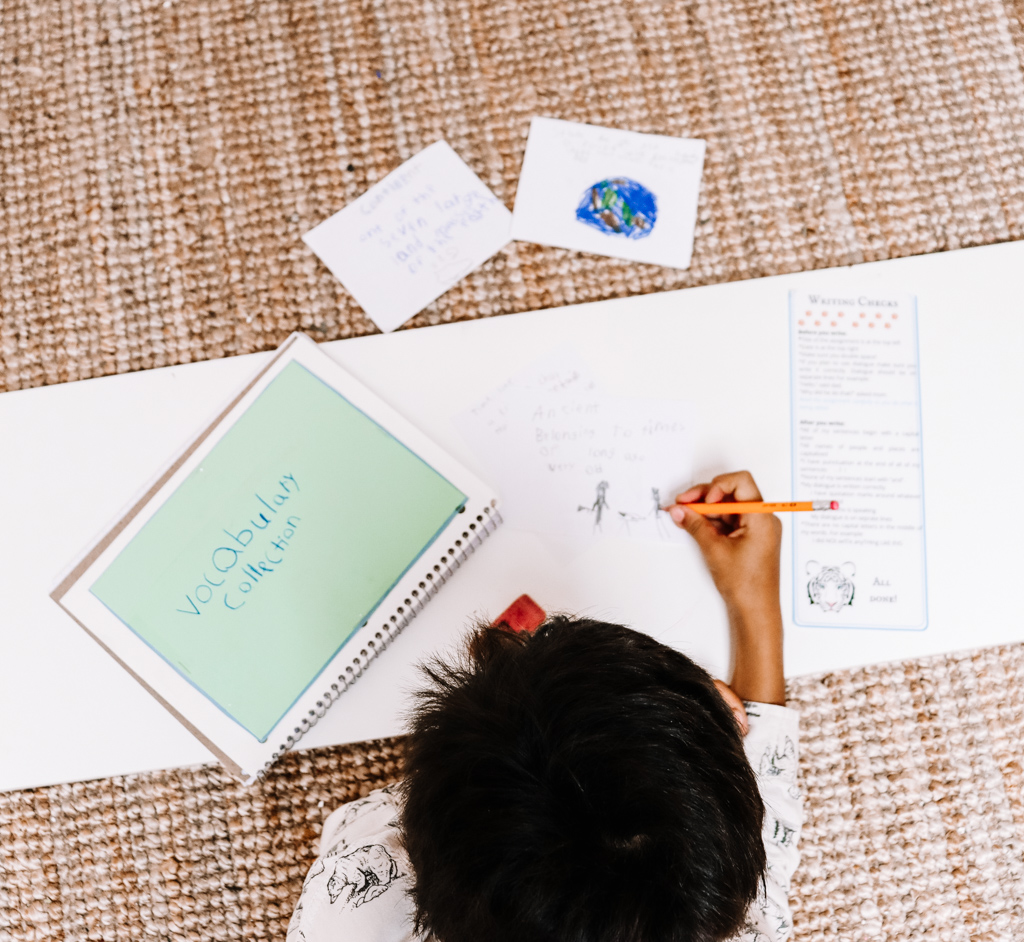
Children who have large vocabularies are impressive. We are tickled by their ability to interact with adults as adults. Children are imitators, they’ll use the language you use the way that you use it. A child who uses profanity hears it used at home. It is the same for the small child who knows a handful of 5-syllable theological terms.
When my oldest daughter was three years old, my sister asked her what her favorite color was. In her high- pitched voice, my little one responded “um, turquoise and magenta” the names of two of the paints we had at home. My sister thought it was a most hilarious response because most little girls say pink or yellow. It didn’t occur to me before then that her response wasn’t a typical answer. To my sister, she was a genius-in-the making using such a large vocabulary at a young age. To me, she simply repeated the names of two paint colors we used all the time.
Children Learn Vocabulary From Books
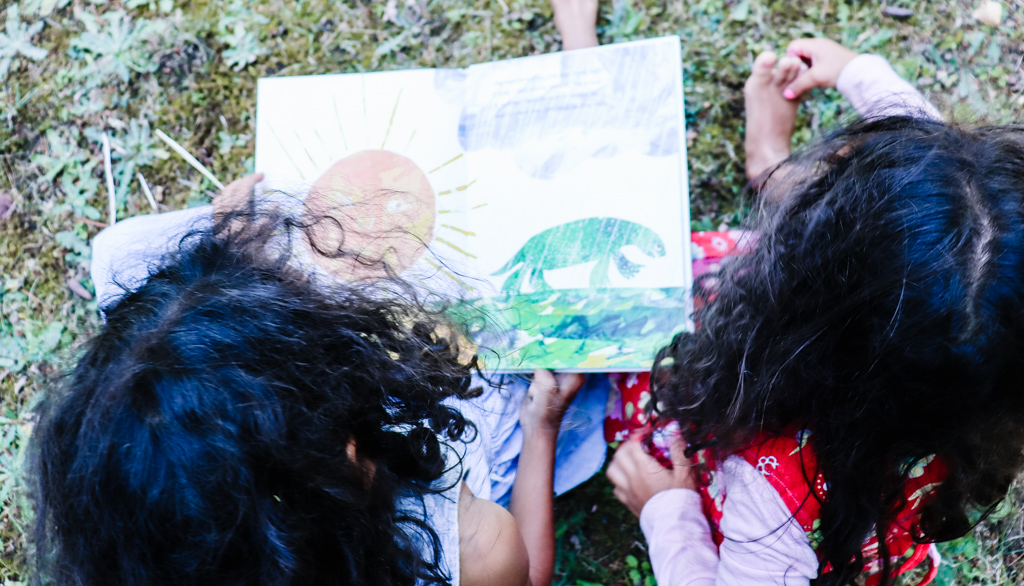
Reading aloud to your children gives them the opportunity to ask you for definitions (often mid-sentence) of words they do not recognize. For shorter picture books without a dense vocabulary a brief explanation is just fine. But for novels rich with large words like the Geraldine Woolkins series, writing words on a board and looking them up later can become a fun way to learn bigger words.
One time while reading Geraldine Woolkins I noticed the word eager appeared quite a bit, so I wrote it on the board. The children then looked up the word in the dictionary, read the definition, and used it in a sentence. My youngest, who was not reading yet and therefore only listened to everything, learned what eager meant as well. Now, whenever she hears it, she always says “Mom! Eager!”
How To Give Your Children a Robust Vocabulary
Want children who have a robust vocabulary? You don’t have to wait until it’s time to prepare for the SAT to figure it out. Read to your children, have them read a loud and narrate to you, and require they read independently on their own…daily. A voracious reader will have a hearty vocabulary and all the confidence of tackling any text put before them, SAT or not.
You’ll notice in the book reviews I mention vocabulary quite a bit. I love finding authors who respect the intelligence of a young child and aren’t afraid using big words. For independent reading you’ll want to book just above their vocabulary level. They should be able to understand most of the text with no problem but there should be words that challenge them as well. It is especially helpful if it is a book that you have already read aloud.
For read alouds, however, you can go a little higher. Not so much that they do not understand anything, but enough to stretch them. There should be enough to have a list of words on the board to define later. You’ll know the difference because you know your children. If they can’t follow along because the vocabulary is too high, don’t force it, put it down and come back to it later.
More Words = Better Self Expression And Conversation
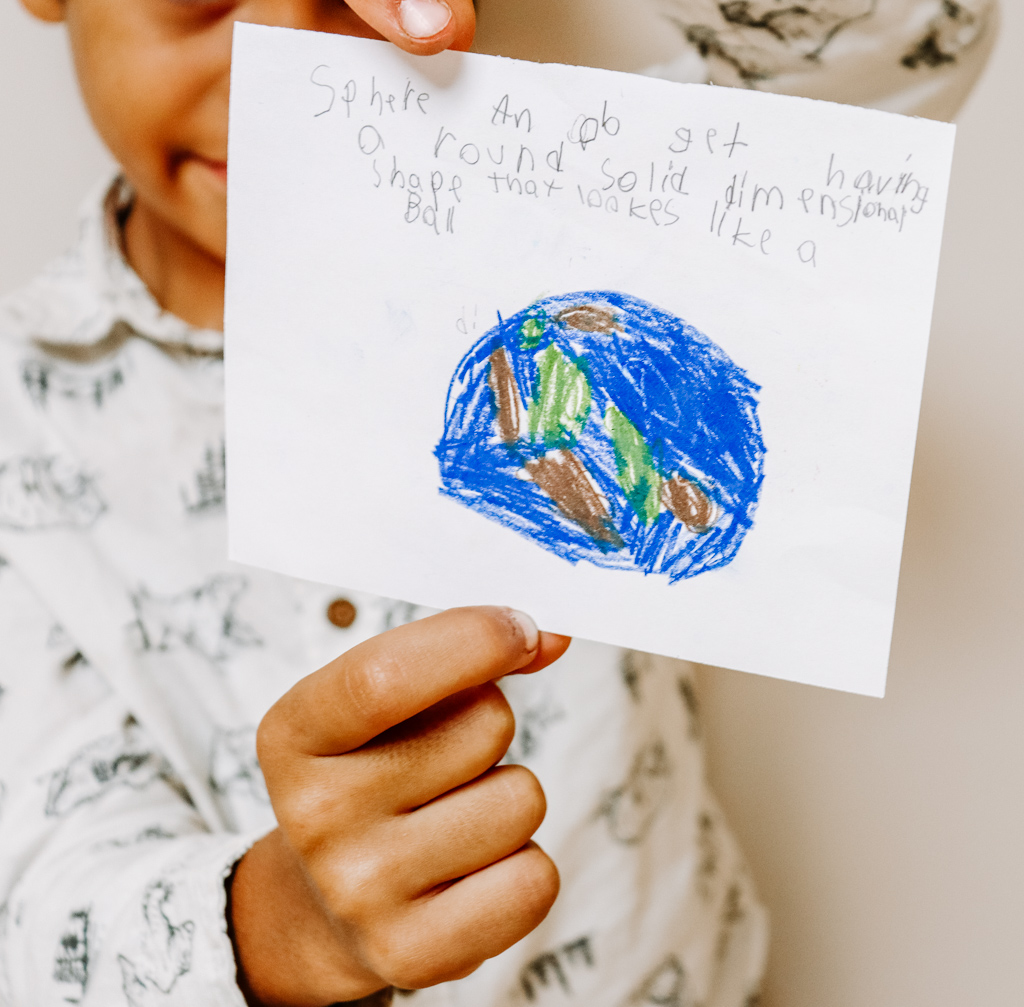
Having the ability to freely express yourself- your quirks, feelings, desires, etc.- does not come easy. Think of the frustration of the 1-year-old who just can’t tell you what exactly he needs because he doesn’t have the words. Or the frustration of a little girl whose emotional overload is coming out in random flying darts because the words just aren’t available. Think about being the awkward person at the bible study who finally decided to pipe up a share something, but no one understood your point. Ah, the pain of the lack of words!
A larger vocabulary helps your children soar in these situations. There are more words to work with, better ways to describe things and knowledge to support examples. The recipient of your speech is well-served and able to respond. I found that engaging in conversation was easier when I had more words to choose from. The same goes for your little ones. A larger vocabulary will help them to be effective communicators, an all-important skill necessary for day to day living and interaction.
More Words = Better Descriptions of Daily Life Encounters
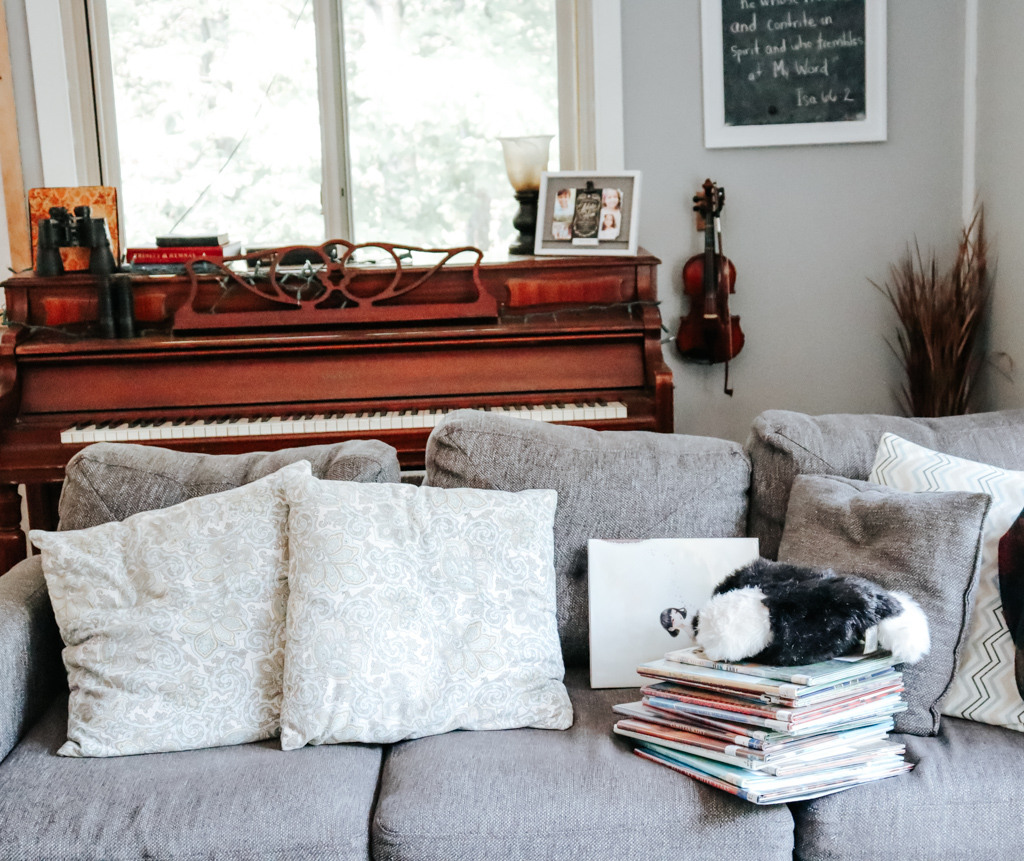
A large vocabulary aids in helping express the wonders the mind observes. Take for example a child who sees an eagle swoop down to get a fish someone just tossed into the lake:
Child 1- “Whoa, did you see that bird, it jumped down and got the fish” (typical)
Child 2 (a reader)- “Whoa! Did you see that massive eagle? It plummeted down at top speed and used its knife-sharp talons to seize the fish before it hit the water”
Imagine the joy of child 2, to have access to words that help him or her express themselves and communicate effectively to others.
More Words = A More Fulfilling Education
Nothing is more frustrating than to have to complete an assignment and not understand a thing about it. Having to read tough texts and being clueless as to what the author is trying to convey is frustrating. Wondering why five-syllable words even exist, when you should be reading, gets you nowhere. A large vocabulary provides the confidence necessary for grappling tough readings and assignments. You’ll come out victorious on the other side, and maybe even eager (!) for the next challenge. Give your kids that “bring it on” attitude when it comes to academics. A fulfilling education lies ahead for such a child, a rich vocabulary is key to that fulfillment.
So Much Opportunity
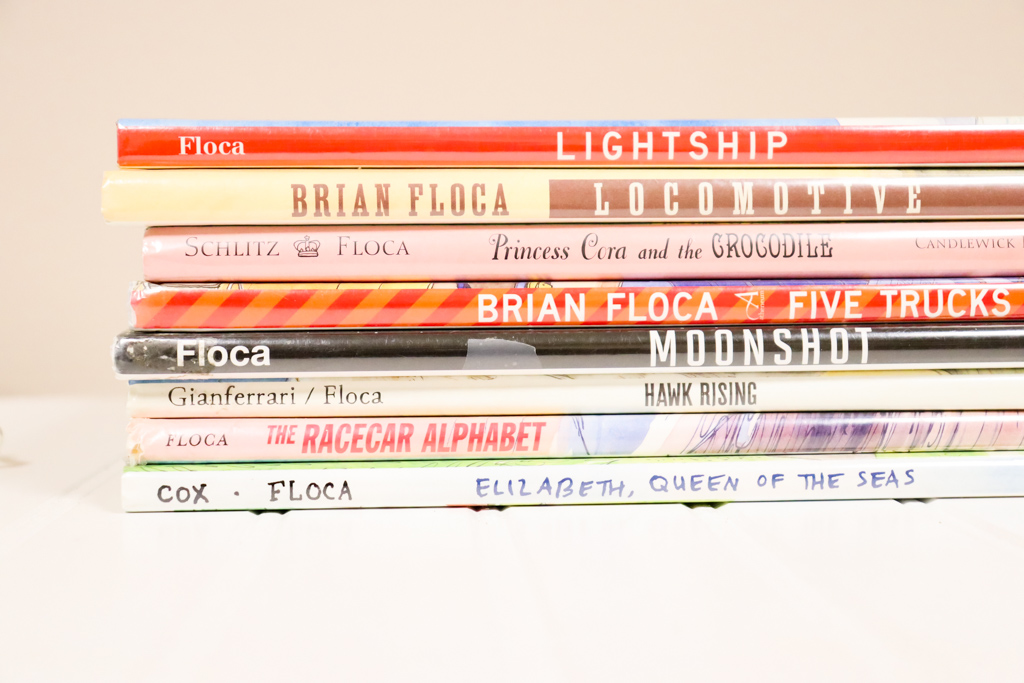
Not many in the world have such open and available opportunities to learn things. It truly is a privilege to live in a country where so much is available right at our fingertips. Having access to a library is no longer preserved only for the elite. They are open to anyone willing to indulge in their vast collections. Google will give you the quick answers when you need them, books will give you the joy of discovery along with the answers. We can’t blame a system for our child’s lack of education. We are the ones to blame for not availing ourselves of the myriad of opportunities just beyond our doorstep. There is no excuse to be vocabulary-poor these days.
Oh the joy of a large vocabulary! Such a wonderful gift is found in books if you’re willing to read them.
Happy Reading! xoxo
Leave a Reply